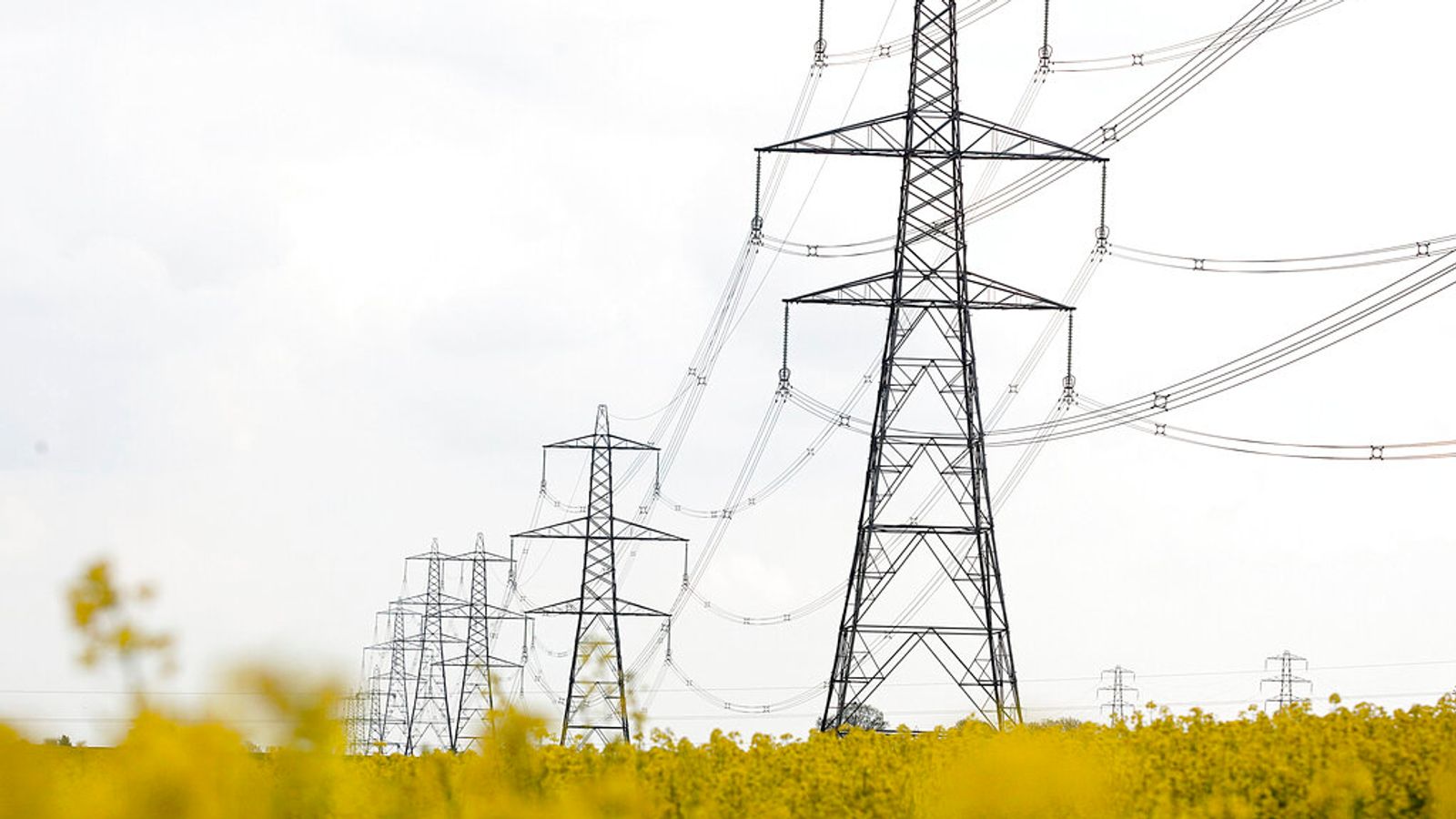National Grid has warned that it will be more than six months before part of a power link between the UK and France, shut off because of a fire, is restored.
The blaze at the electricity interconnector at Sellindge in Kent has sent UK wholesale power prices surging – adding to pressures that had already been pushing them sharply higher.
National Grid initially said that the 1000MW of capacity would be unavailable until 13 October but in an update later pushed the date back to 27 March.
A further 1000MW planned outage will be in place until 25 September.
The shutdown affects the Interconnexion France-Angleterre (IFA) link, a joint venture between France’s RTE and National Grid operating the subsea electricity link between Britain and France.
A second link, IFA2, continues to operate normally and at full capacity, National Grid said.
Low wind supply, thanks to unfavourable climatic conditions, and soaring wholesale gas prices have already forced National Grid to activate UK power station reserves by turning on coal-fired stations to keep the lights on this month.
M&S blames Brexit as it axes 11 French high street stores
John Lewis Partnership warns price pressures set to persist, and ‘significant uncertainty’ lies ahead
Co-op warns profits under pressure due to supply chain challenges
Glenn Rickson, head of European power analysis at S&P Global Platts Analytics, told the Reuters news agency on the effect of the fire: “The outage is going to lift the potential for price volatility as long as its offline…. and of course demand will get higher as we move further into winter.”
Prices have been driven higher amid a shortfall in natural gas Europe-wide, with stocks of liquefied natural gas struggling to be replenished in time for the winter season following COVID disruption and a cold end to the last winter.
Consumer groups have warned the increases, which have already forced four challenger household suppliers out of business this month alone, are being reflected in household bills ahead of a rise in the price cap on so-called default tariffs – also known as the standard variable tariff (SVT) – which comes into effect in October.
That could add to pressure on consumers already experiencing a record increase in inflation, with prices now going up at the fastest pace in nine years.
On Thursday, the owner of retailers John Lewis and Waitrose warned that it expected inflationary pressures to persist.






















